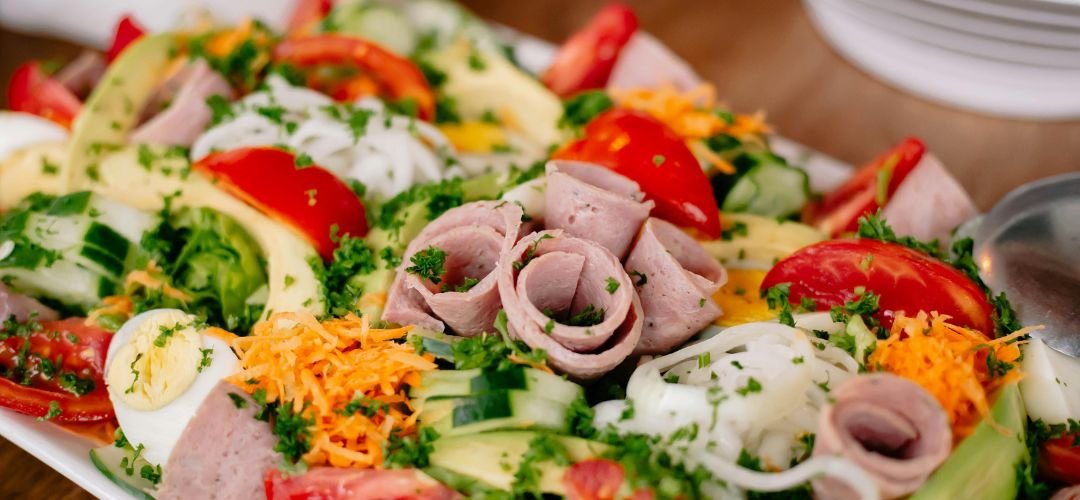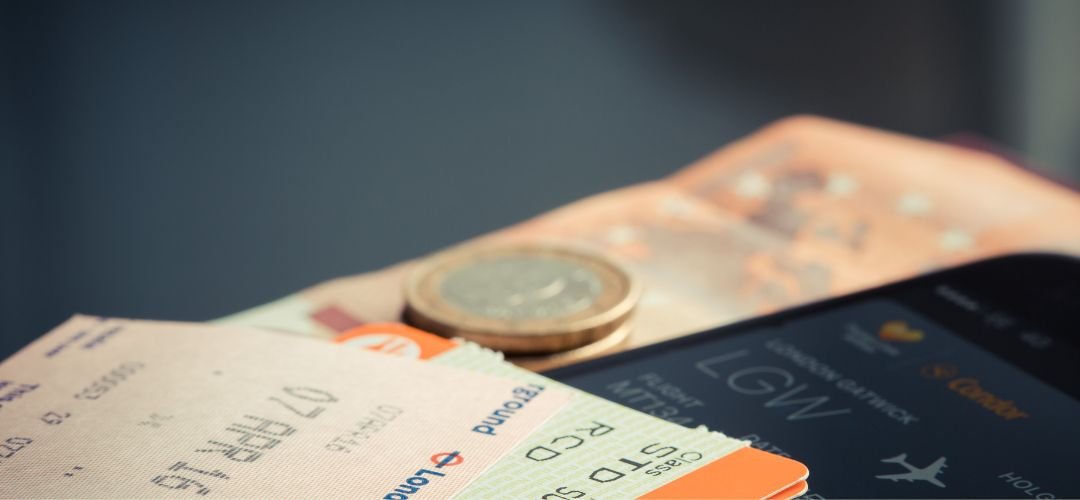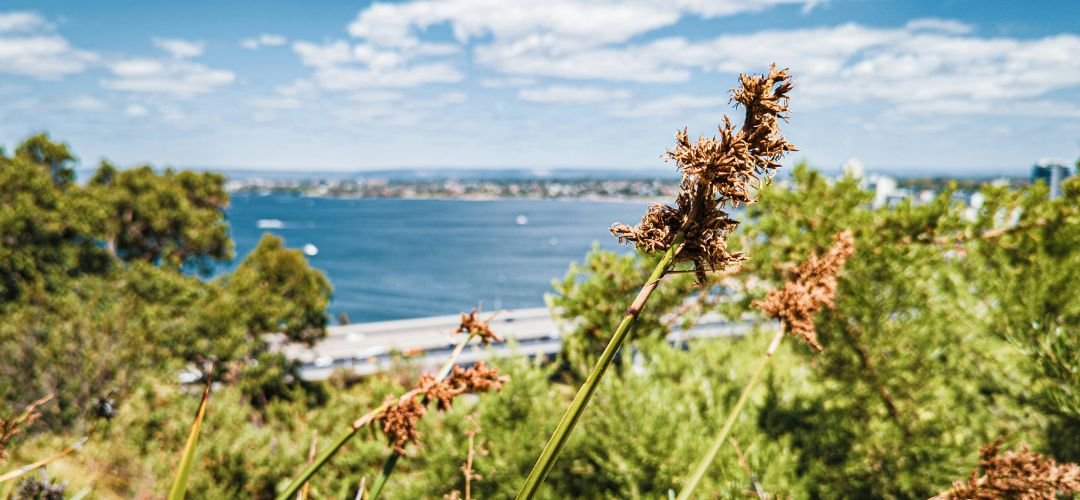Eating well during your travels is not just about looking great in your OOTD, it’s about your health and strength. It will affect your ability to take part in adventures and also the extent to which you’ll be able to enjoy your trip. If you’re a frequent traveler, your diet during your travels will have a great impact on your long-term and overall health.
During travels, you don’t have to compromise on your fitness goals, nor do you have to give up on relishing local delicacies. You can manage both, provided you consciously make healthy choices. Here are a few nutrition insights that should help you stay energized and healthy throughout your trip:
Start With a Plan
Before you set out on your trip, conduct thorough research on your destination, especially the area where you intend to book accommodation. Also, take some time to learn about the local cuisine and predicted weather conditions at the time of your trip. This information will help you prepare a broad plan. Ideally, book accommodation that has a kitchen or at least some basic appliances like a kettle, fridge, and microwave, and which is also close to a convenience store. Such facilities can help you fix a quick healthy meal for yourself if the need arises. It does not hurt to have backup options.
When exploring your destination, you’ll need to make short plans regularly. For instance, before stepping out of your accommodation for sightseeing, you need to make a plan for meal times based on an estimation of where you’re likely to reach. You can, and in some cases should, make reservations beforehand.
Carry a Stock of Healthy Snacks

Speaking of backup options, always ensure that your backpack has a few healthy snacks. When you start from your homeland, carry some stock of healthy goodies with you. Because of luggage constraints, you won’t be able to pack enough snacks to last you the entire trip. Replenish the stock at your destination whenever you find an opportunity, and before you finish the snacks. This will ensure that you have easily accessible healthy options whenever cravings hit, and for fueling on the go. In unfamiliar lands, it may also be difficult to meet your nutritional needs, so you should consider carrying healthy greens powders with you.
Remember to carry a reusable water bottle. Staying hydrated is vital during travels, and you’ll need to adjust your water intake according to weather conditions and physical activity. A great option to increase your fluid intake is to consume foods that are high in water content like watermelon, cucumbers, and oranges. Wherever possible, consume natural drinks such as coconut water or fresh fruit juices.
Pay Attention to Calorie Count, Calorie Expenditure, and Nutrient Intake
You shouldn’t deprive yourself of treats on your adventures, but just be strategic about your consumption. It’s a good idea to limit yourself to one treat a day. If you do indulge more, try to make it up by increasing your physical activity that day. Count your calories, and try to choose foods with more nutritional value.
A higher protein intake is recommended for travelers as it helps maintain and repair muscles, helps feel full for longer, contributes to sustained energy levels, provides support to the immune system, and may support recovery from jet lag. Consume protein in various forms such as grilled chicken, different types of shrimp or fish, eggs, tofu, quinoa, and legumes.

When in Doubt, Choose Local and Seasonal
The recipes for local dishes are usually developed in consideration of various factors including the climate, the needs of the body in those environmental conditions, and the seasonal availability of ingredients. When you travel to new regions, just remember that the recipes for local food have survived the test of time due to their suitability. This is also your opportunity to immerse yourself in a new culture and learn more about it.
The local cuisine is likely to include regional and seasonal ingredients, which besides having other benefits, will also be more flavorful. Additionally, since local ingredients don’t require extensive transportation, they cost less, which will be reflected in the final price of the dish. So, local foods are great for your palate, health, and your pocket. By opting for local foods, you’ll also be supporting the local economy, and contributing towards reduced environmental impact. Such sustainable choices will prove beneficial for the planet and will bring more peace to your heart.
Use Technology to Find Healthier Options
If you did not get the time to do your research before arriving at your destination, don’t worry, you can leverage technology for this purpose during your trip. Ask the hotel staff or locals for reliable local app suggestions. Use these apps to order food or to make reservations. These days you can scan QR codes to check out restaurant menus and find suitable options. If language is a barrier, then you can use translation apps to find out about healthier alternatives. Check out social media reviews and recommendations, as well as local blogs, communities, and forums.
Wrapping Up
Remember, the more information you have, the better your position for making healthier choices. Set out with a good plan and be mindful while eating. Enjoy the local cuisine, but remember to practice portion control. Your travels should not affect your fitness journey negatively. Rather, if you just remember to balance your diet and increase your physical activity, the joy of exploring new places can improve your physical and mental health.











0 Comments